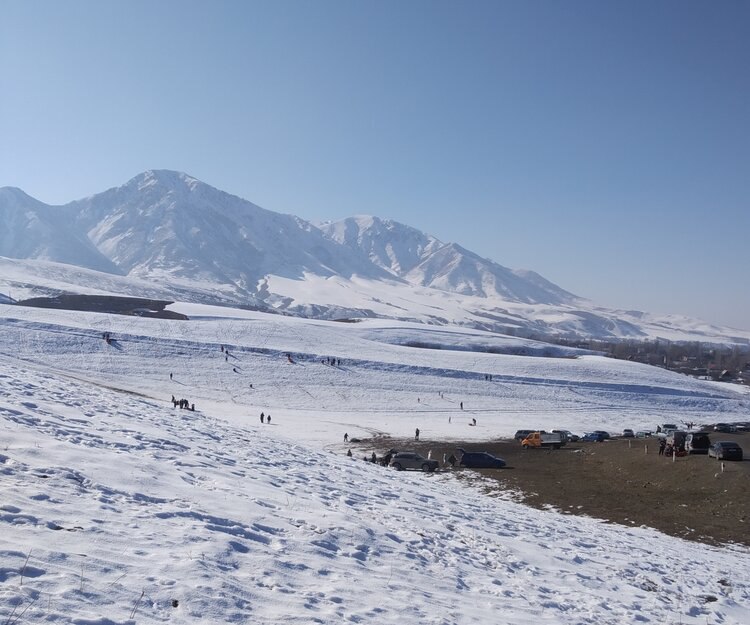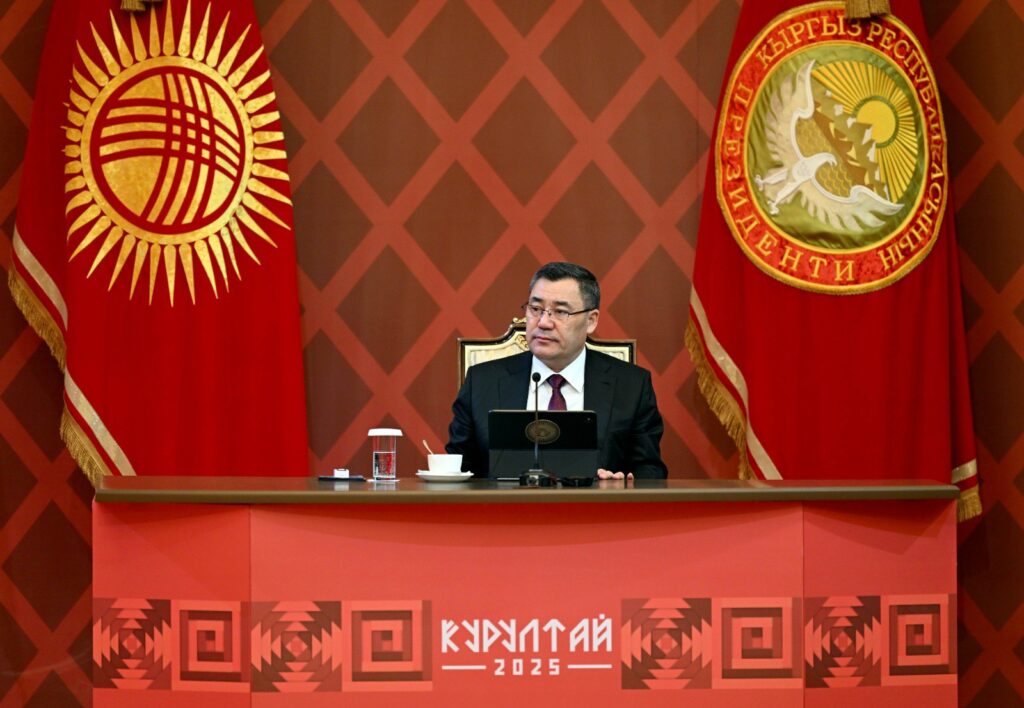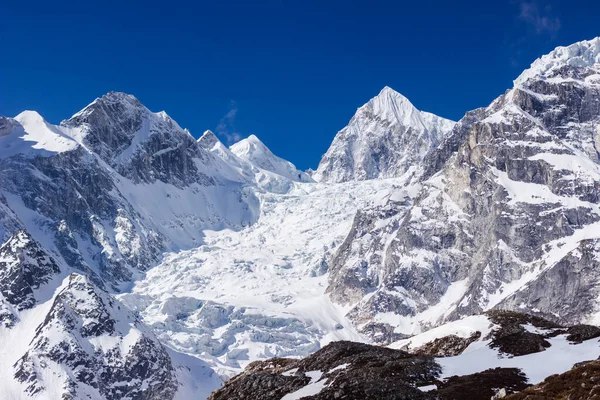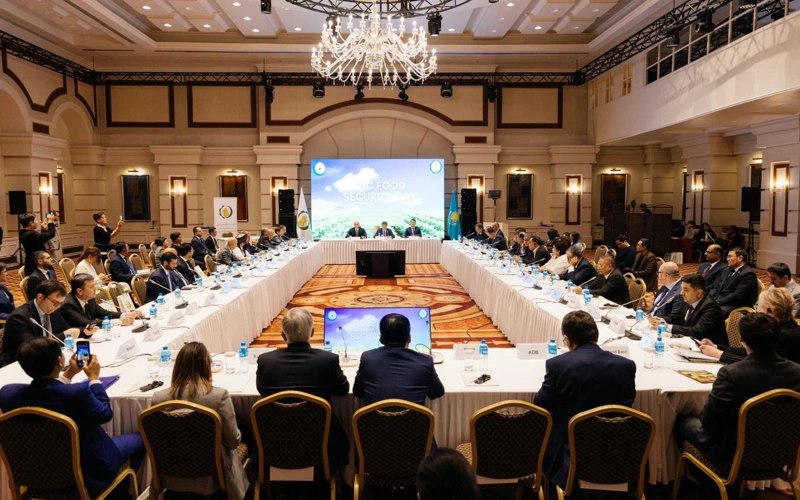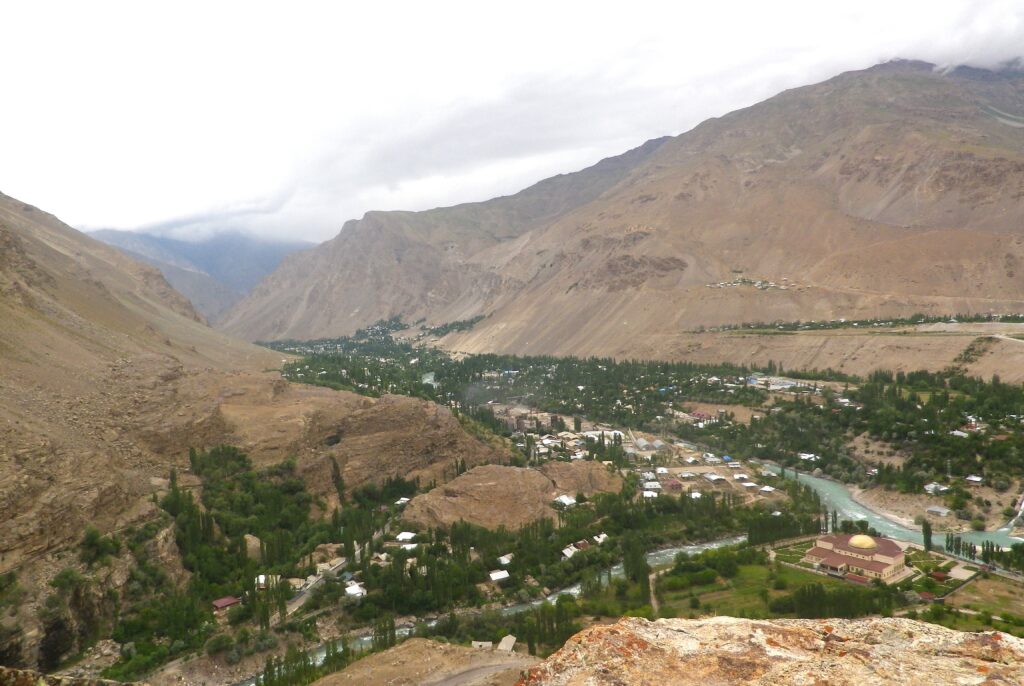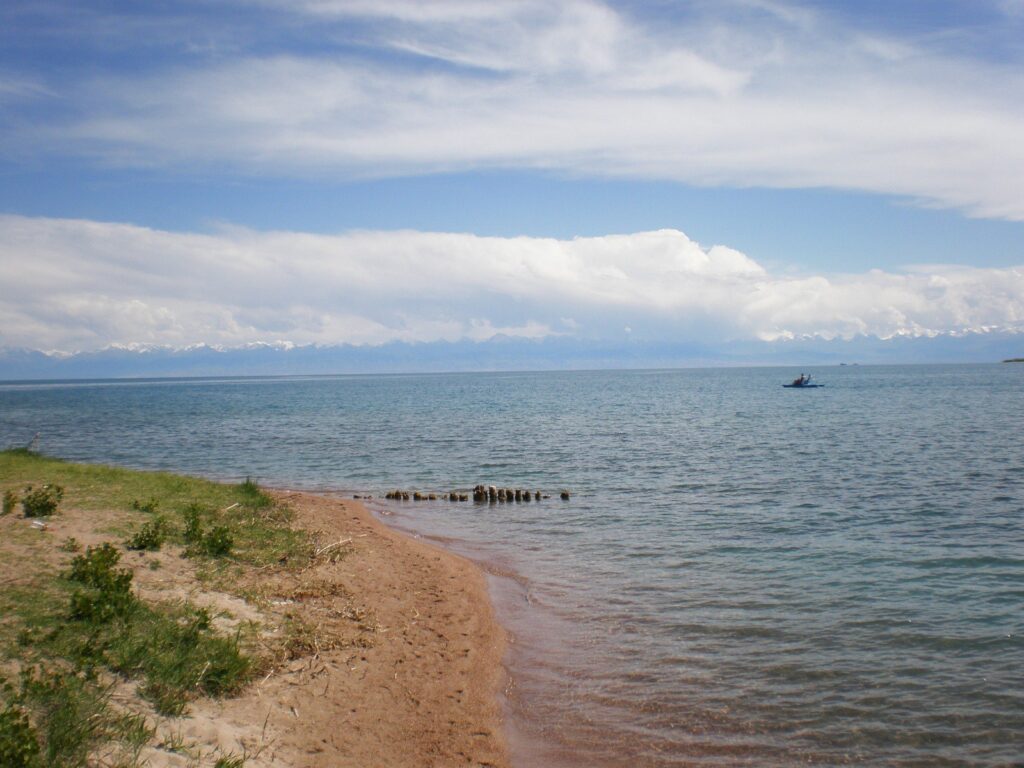The Asian Development Bank (ADB) has unveiled a new regional initiative, Glaciers to Farms, aimed at promoting sustainable water management and food security in Central Asia, the South Caucasus, and Pakistan. The program addresses the severe effects of accelerated glacial melt caused by climate change.
Backed by the Green Climate Fund (GCF), ADB will conduct risk assessments of glacial melt in Azerbaijan, Kyrgyzstan, Tajikistan, and Uzbekistan to establish a scientific and technical foundation for the program.
Regional Cooperation for Glacier Preservation
On November 14 in Baku, Azerbaijan, a declaration of support for glacier preservation was signed by several regional leaders: Azerbaijan’s Minister of Ecology and Natural Resources Mukhtar Babayev, Kazakhstan’s Minister of Ecology and Natural Resources Yerlan Nyssanbayev, Kyrgyzstan’s Minister of Natural Resources, Ecology and Technical Supervision Meder Mashiev, Tajikistan’s Committee on Environmental Protection Chairman Bahodur Sheralizoda, and Uzbekistan’s Minister of Ecology, Environmental Protection, and Climate Change Aziz Abdukhakimov. They were joined by ADB President Masatsugu Asakawa and GCF Chief Investment Officer Henry Gonzalez.
“As melting glaciers change water flows, disrupt lives, and destroy ecosystems, we must act now,” said Asakawa. “As Asia and the Pacific’s climate bank, we are pleased to be joined by key partners to launch this program to drive international collaboration and deliver results where they matter most—on the ground, in communities at risk.”
The Urgent Need for Action
Temperatures in the region are expected to rise by up to 6 degrees Celsius by 2100. The resulting loss of glacial mass poses a dire threat to ecosystems, jeopardizing water supplies for agriculture and hydropower and endangering the livelihoods of over 380 million people.
The Glaciers to Farms program aims to mobilize up to $3.5 billion in funding from ADB, GCF, governments, development partners, and the private sector. Beyond investments in water and agriculture, the program will prioritize vulnerable communities in fragile mountain regions that are most threatened by glacial melt.
Global and Regional Efforts
The United Nations General Assembly has declared 2025 the International Year of Glacier Preservation, with Tajikistan set to host the International Conference on Glaciers’ Preservation in Dushanbe next year.
At a high-level event in Baku on November 12, Tajikistan’s President Emomali Rahmon underscored the importance of preventing further glacier melt and preserving fragile ecosystems.
Rahmon highlighted the establishment of the International Trust Fund for the Preservation of Glaciers under the United Nations’ auspices and noted the UN’s recent adoption of a resolution—initiated by Tajikistan and France—declaring 2025-2034 the Decade of Action for Cryospheric Sciences. This resolution calls for enhanced efforts to safeguard glaciers globally.
Rahmon also proposed creating a Regional Coordination Center for Glaciology in Dushanbe under the World Meteorological Organization’s guidance. The center would study the impact of climate change on glaciers in collaboration with development partners.
